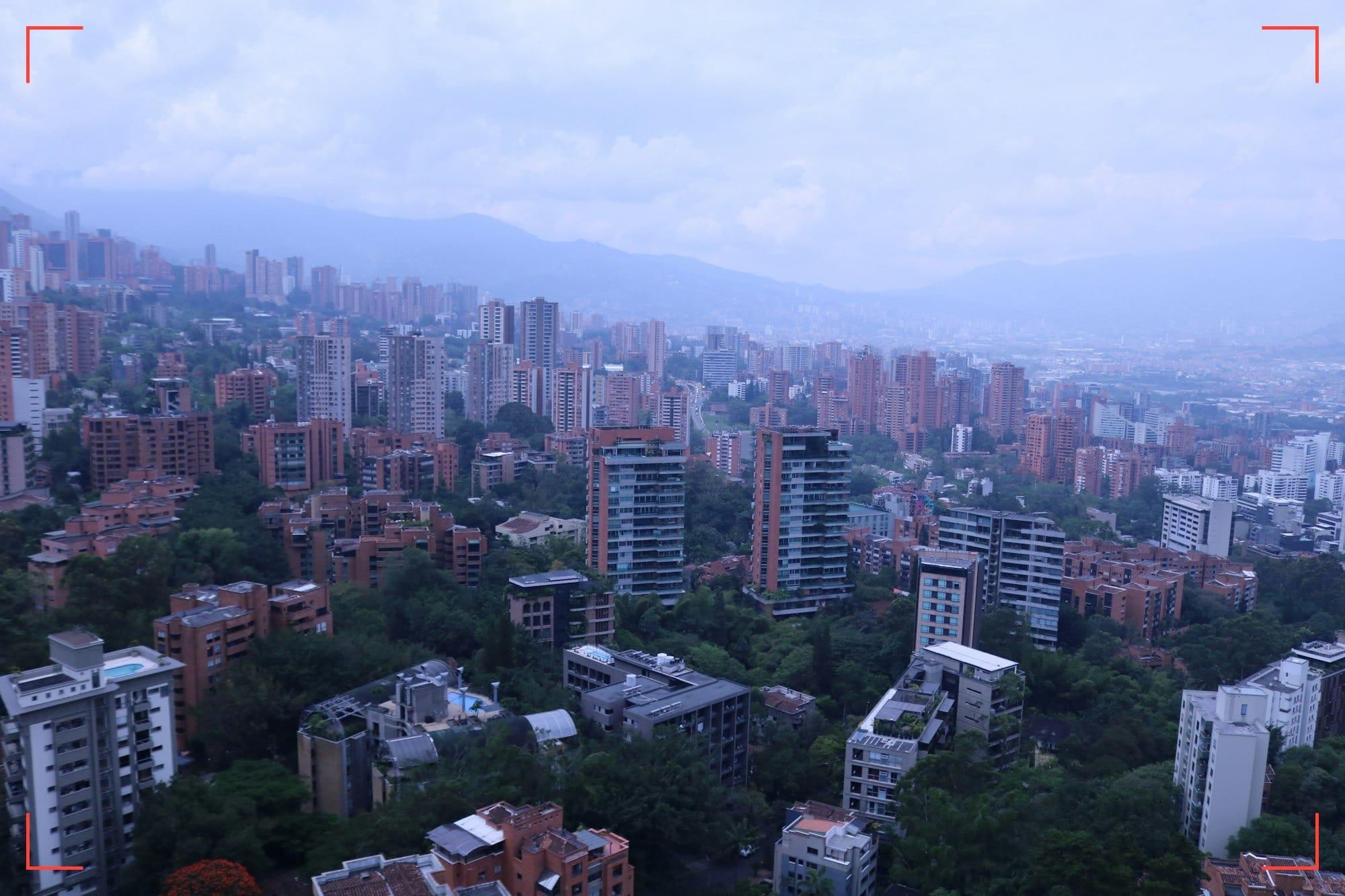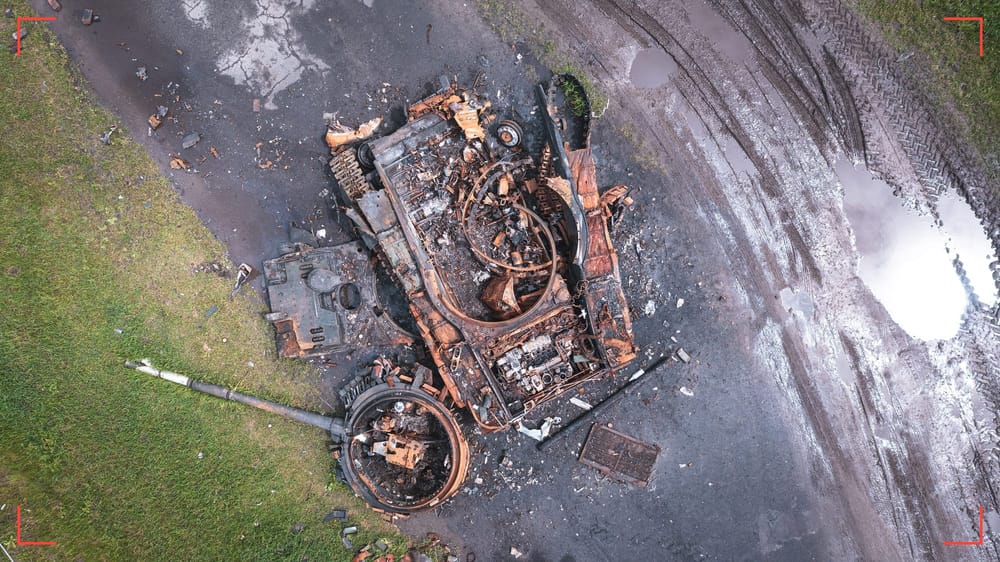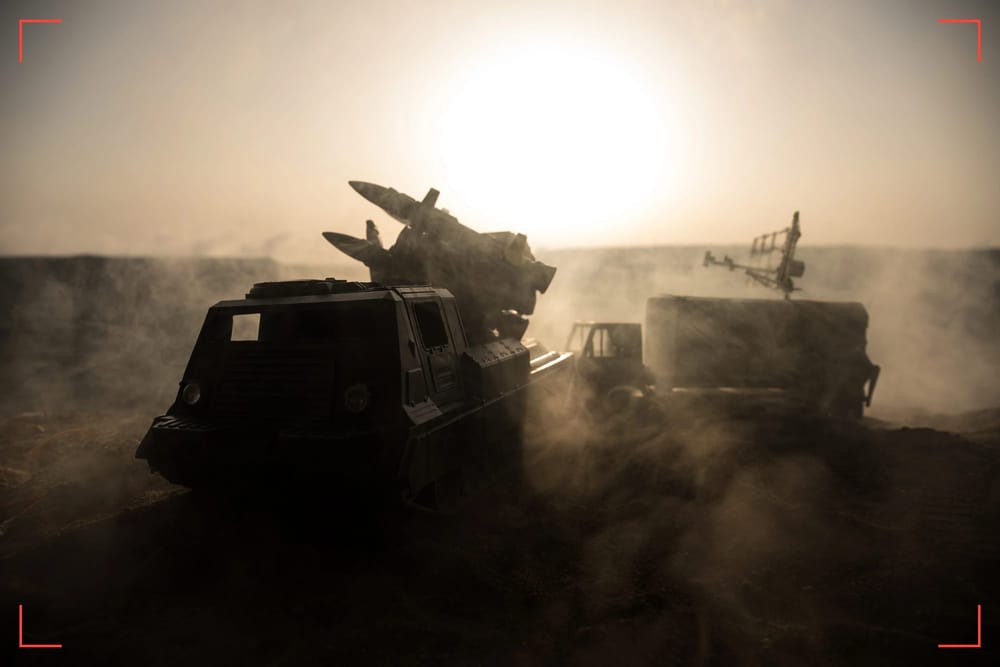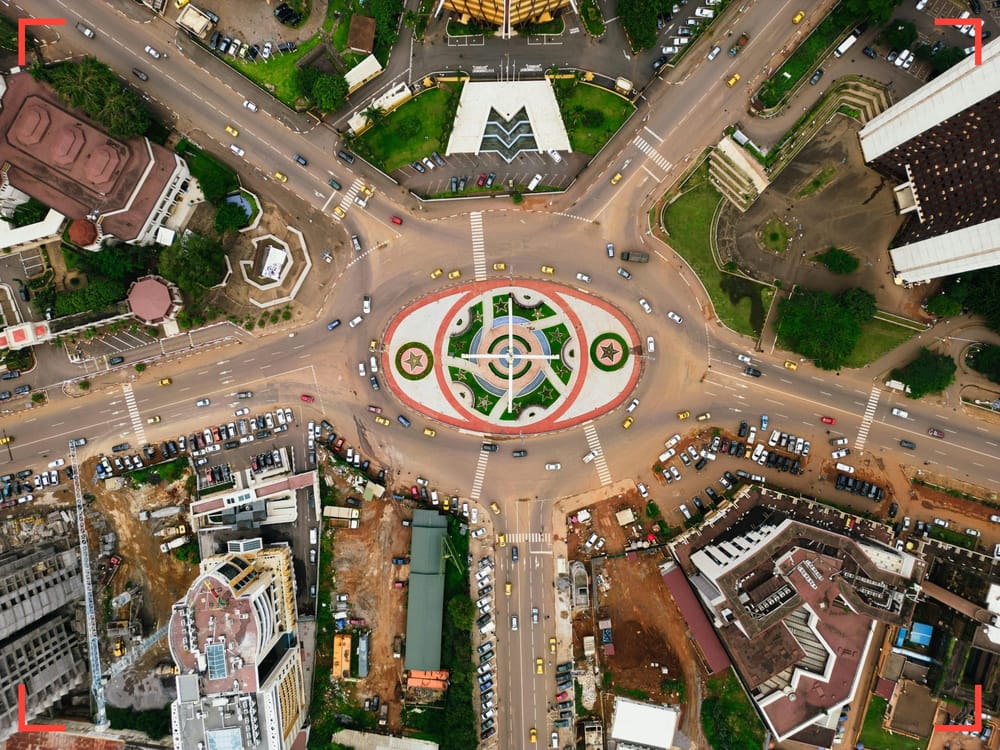
Report Details
Initial Publish Date
Last Updated: 10 FEB 2025
Report Focus Location: Colombia
Authors: DA
Contributors: GSAT
GSAT Lead: MF
RileySENTINEL provides timely intelligence and in-depth analysis for complex environments. Our global team blends international reach with local expertise, offering unique insights to navigate challenging operations. For custom insights or urgent consultations, contact us here.
Key Points
- The National Liberation Army (ELN by its acronym in Spanish) has made headlines during the past weeks, given the upsurge in violence in Catatumbo, a Colombian region near the border with Venezuela. The clashes between the ELN and Revolutionary Armed Forces (FARC) dissidents have left at least 80 dead in January 2025. As reported by the United Nations Office for the Coordination of Humanitarian Affairs (OCHA), 51,938 people were forced to flee their territories as a consequence of this situation, marking the largest mass displacement recorded in the last 28 years.
- Colombian President Gustavo Petro acknowledged a “failure” in addressing the violence perpetrated by the National Liberation Army (ELN) along the Colombia-Venezuela border. Despite peace talks, the ELN's attacks have intensified, impacting local communities and security forces. The situation remains a significant challenge for Petro's administration, highlighting the complexities of achieving lasting stability in the region.
- On January 24, 2025, Petro declared a state of internal commotion, granting the government emergency powers to restore order. The government has suspended peace talks with the ELN and reactivated arrest warrants for 31 of its leaders. A reward of approximately $700,000 has been announced for information leading to the capture of four top ELN commanders.
- Some of the affected populations have crossed the border to Venezuela, seeking refuge from the armed groups. According to Caritas, the arrival of the displaced is causing a humanitarian crisis with shortages of food, medicine, and other basic services.
- With the aim of strengthening bilateral security cooperation, the governments of Colombia and Venezuela announced on January 31, 2025, the launch of a joint military operation in Catatumbo. The Colombian President stated that this is a "counter-narcotics military operation" conducted in coordination with Venezuelan authorities in the border area shared by both countries.
- At the beginning of February 2025, various social organizations managed to organize a humanitarian caravan to the municipality of El Tarra. In an unprecedented event, FARC dissidents and the ELN publicly committed not to attack the convoy, allowing it to proceed without confrontations.
- Although confrontations in Catatumbo have not ceased, some rural inhabitants who fled the violence between the two armed groups decided to voluntarily return to their territories. However, they were forced to flee again after finding their homes rigged with explosive devices.
- The violence crisis in Catatumbo appears to be linked to the lucrative criminal revenues which the ELN and FARC dissidents generate along the Venezuelan border. The groups compete for control over coca crops and drug trafficking routes.
Remaining content is for members on Charter Member only.
Please subscribe to Charter Member and unlock this article and more content.
Subscribe Now





